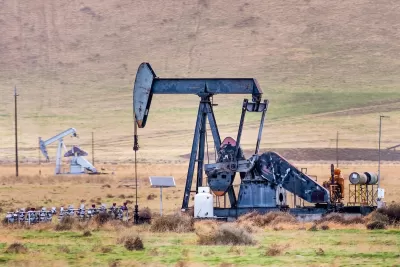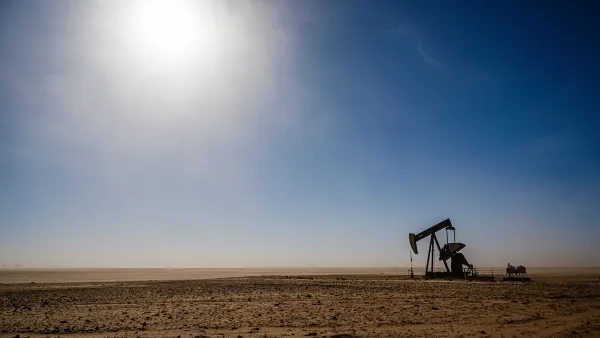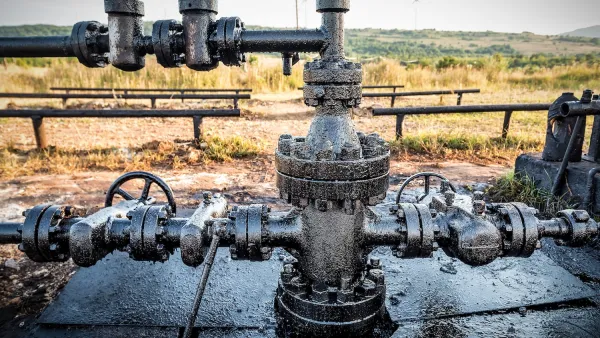The Well Done Foundation has launched 778,000 certified carbon credits to fund the plugging of orphaned oil and gas wells, reducing methane emissions while offering businesses and individuals a way to offset their carbon footprints.

The Well Done Foundation (WDF), a national nonprofit dedicated to plugging orphaned oil and gas wells in the United States, has launched its first certified carbon credits into the market. With an initial release of 778,000 high-integrity carbon credits, the foundation offers businesses and individuals an innovative way to offset their carbon footprints while supporting the remediation of over 2 million orphan wells nationwide. This initiative, backed by partners such as CarbonPath and Cloverly, meets rigorous certification standards, ensuring transparency, traceability, and long-term climate impact. Proceeds from credit sales will fund further well-plugging projects, reducing methane emissions and alleviating the financial burden on taxpayers.
As the first nonprofit to market such credits, WDF emphasizes the dual benefits of environmental remediation and community support. Projects like Palmer Bow Island in Montana have already begun issuing credits, with 268,626 credits immediately available for purchase. WDF's approach aligns with its mission to fight climate change, restore degraded lands, and empower communities. By reinvesting sales proceeds, the foundation creates a sustainable funding cycle to tackle this critical environmental issue.
Partnering with organizations like Ventbuster Instruments, Cloverly, and the Youth Climate Exchange, WDF leverages advanced technology and commerce platforms to ensure the integrity and accessibility of its carbon credits. As the foundation continues to collaborate with local, state, and federal agencies, its market-based strategy offers a scalable and impactful solution to methane pollution and climate change.
FULL STORY: Well Done Foundation Goes to Market with Certified High-Integrity Carbon Credits

Maui's Vacation Rental Debate Turns Ugly
Verbal attacks, misinformation campaigns and fistfights plague a high-stakes debate to convert thousands of vacation rentals into long-term housing.

Planetizen Federal Action Tracker
A weekly monitor of how Trump’s orders and actions are impacting planners and planning in America.

San Francisco Suspends Traffic Calming Amidst Record Deaths
Citing “a challenging fiscal landscape,” the city will cease the program on the heels of 42 traffic deaths, including 24 pedestrians.

Defunct Pittsburgh Power Plant to Become Residential Tower
A decommissioned steam heat plant will be redeveloped into almost 100 affordable housing units.

Trump Prompts Restructuring of Transportation Research Board in “Unprecedented Overreach”
The TRB has eliminated more than half of its committees including those focused on climate, equity, and cities.

Amtrak Rolls Out New Orleans to Alabama “Mardi Gras” Train
The new service will operate morning and evening departures between Mobile and New Orleans.
Urban Design for Planners 1: Software Tools
This six-course series explores essential urban design concepts using open source software and equips planners with the tools they need to participate fully in the urban design process.
Planning for Universal Design
Learn the tools for implementing Universal Design in planning regulations.
Heyer Gruel & Associates PA
JM Goldson LLC
Custer County Colorado
City of Camden Redevelopment Agency
City of Astoria
Transportation Research & Education Center (TREC) at Portland State University
Jefferson Parish Government
Camden Redevelopment Agency
City of Claremont





























